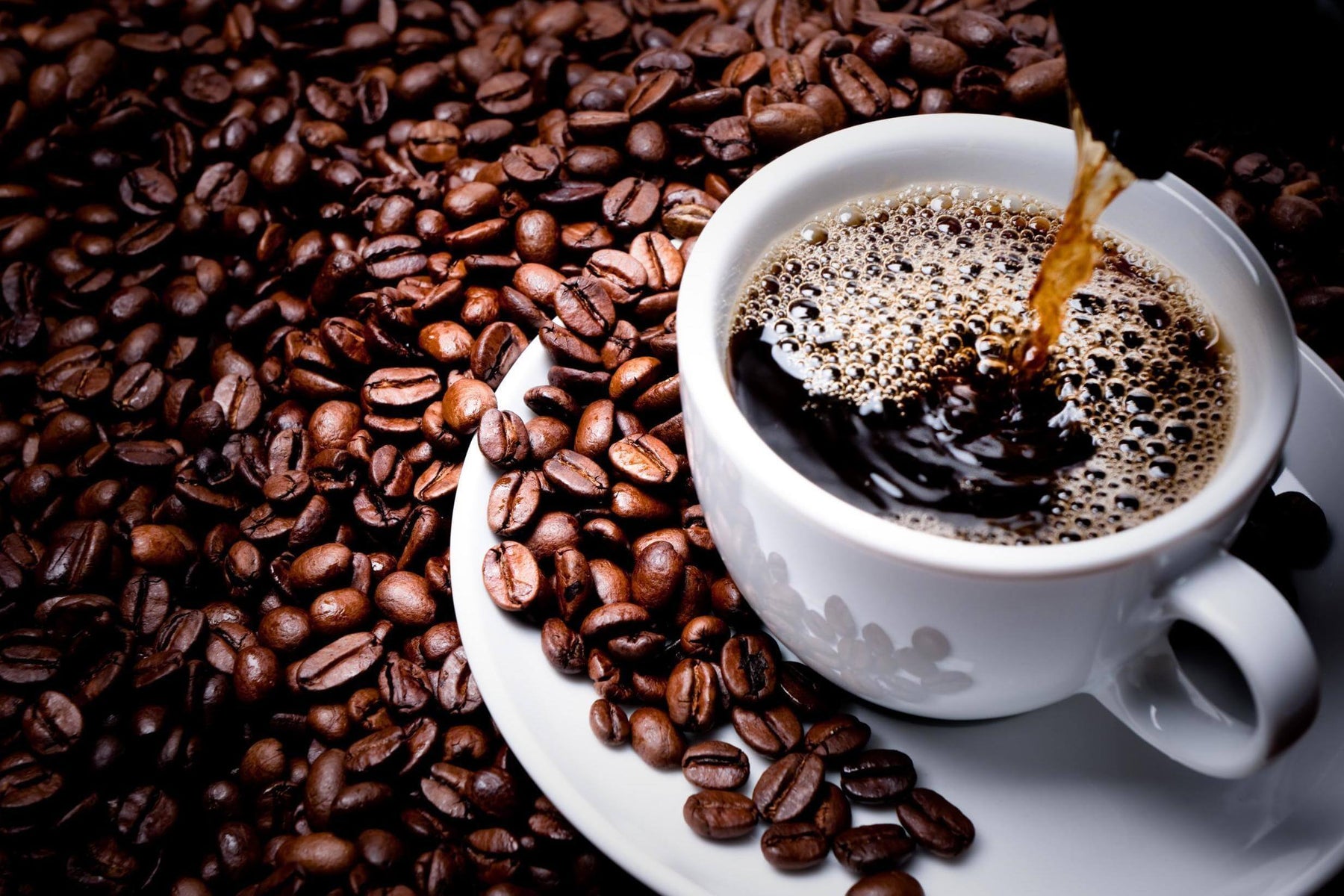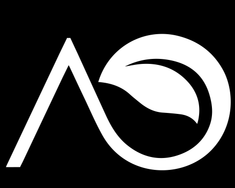
The Importance of Coffee Being Organic
We Aussies don’t mind a cup of coffee.
In the world ranking of 2008, we come in at 42nd place, with figures showing that, on average, we drank 3.0 kilos of coffee beans each. Australia went through 61,878 metric tonnes of coffee beans that year. This is a big industry.
So it is extremely important that more people make that switch over to organically grown coffee. Not just for our own individual health, but for the health of the growers and the health of the land that it’s grown on.
Organic coffee is grown using natural deterrents, such as special soils, companion planting, or fungus-based pesticides.
Non-organic coffee is grown using toxic pesticides and chemical fertilizers. Lots of it.
In the history of toxic pesticide use, non-organic coffee is one of the most heavily sprayed crops in the world. Also according to the CS Monitor, some conventional farms use as much as 250 pounds of chemical fertilizer per acre.
Switching to organic coffee means we are learning from the range and scale of health problems that these pesticides have created among the many farmers and farm workers that have had this toxic exposure over the years.
Switching to organic coffee is also a statement that we want to stop the never-ending reports of contamination in groundwater and surface water from agricultural run-off in coffee growing areas.
And if we can increase that demand for organically grown coffee, it will put a stop to the continued application of what has now become a cocktail of toxic chemicals into the soil in many more areas around the world.
Over the decades, many different insecticides and pesticides have been introduced to coffee crops, have been investigated for one reason or another, and then banned, and then replaced with another hopefully safer alternative for a while, which then has been investigated and then banned, only to be replaced with yet another toxic successor, which again triggers a belated investigation before, you guessed it, being banned.
Two such products of note are Endosulfan and Diuron.
Endosulfan is a broad spectrum organochlorine insecticide which has recently been listed by the Stockholm Convention as a P.O.P. (a persistent organic pollutant). It is resistant to environmental degradation and therefore persists in the environment. It is capable of long-range transport, can bioaccumulate in human and animal tissue, can biomagnify in food chains, and has potentially significant impacts on human health and the environment. It is now targeted for global elimination.
There is a lot of co-operation from environmental organisations (like the 4C Association and Pesticide Action Network) that help farmers around the world in facing this challenge of growing their coffee without using Endosulfan.
In Australia, the ban was placed in 2010. This move was, however, a reversal from a decision made five years earlier. In 2005, the AVPMA had resisted calls to de-register pesticides that contained Endosulfan. That decision was made on the best available science at the time.
Diuron is a broad-spectrum residual herbicide. In 2002, the APVMA began a review of this herbicide largely because of concerns that it was contaminating marine environment through runoff, but also because of human health concerns. Ten years later, in 2012, the review was concluded and Diuron was no longer to be used for coffee crops (as well as tea, apples, citrus, pears and pawpaws). Many other significant changes were introduced, from this ten-year review.
So, while government bodies continue their trial and error approach towards finally finding an affordable form of synthetic pesticide that isn’t harmful to the environment or to humans but still able to kill weeds and bugs (good luck with that), the safest bet for your own sake, and the best thing to do for the environment, is to stick with organic coffee.
Areté Organics serves and sells only organic coffee in the Wholesomepod Cafe, instore and online. We have chosen Numero Uno e as our preferred supplier, as they are passionate about their beans.
